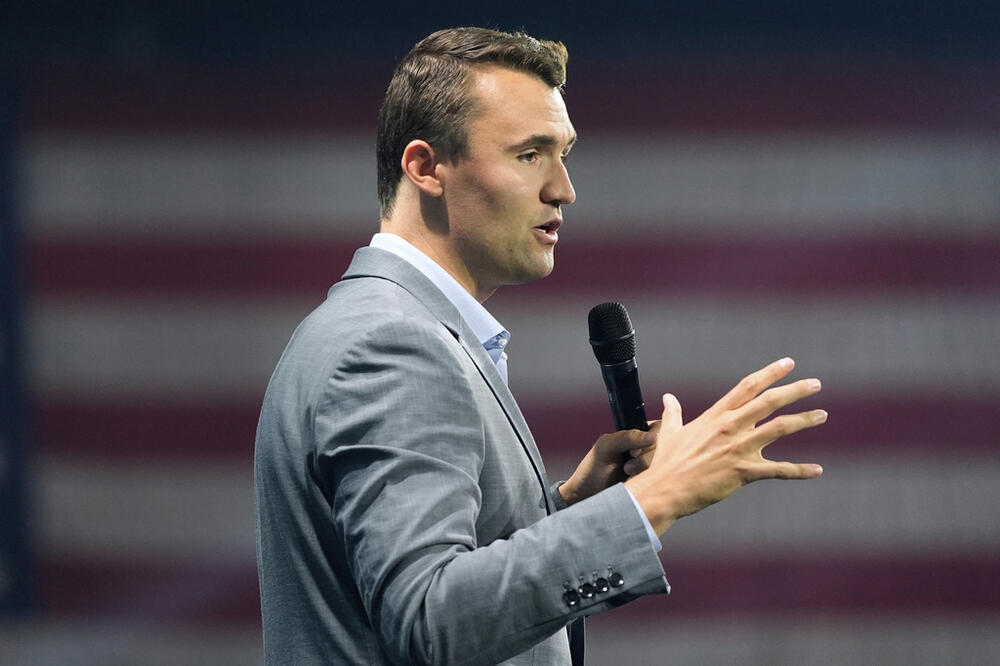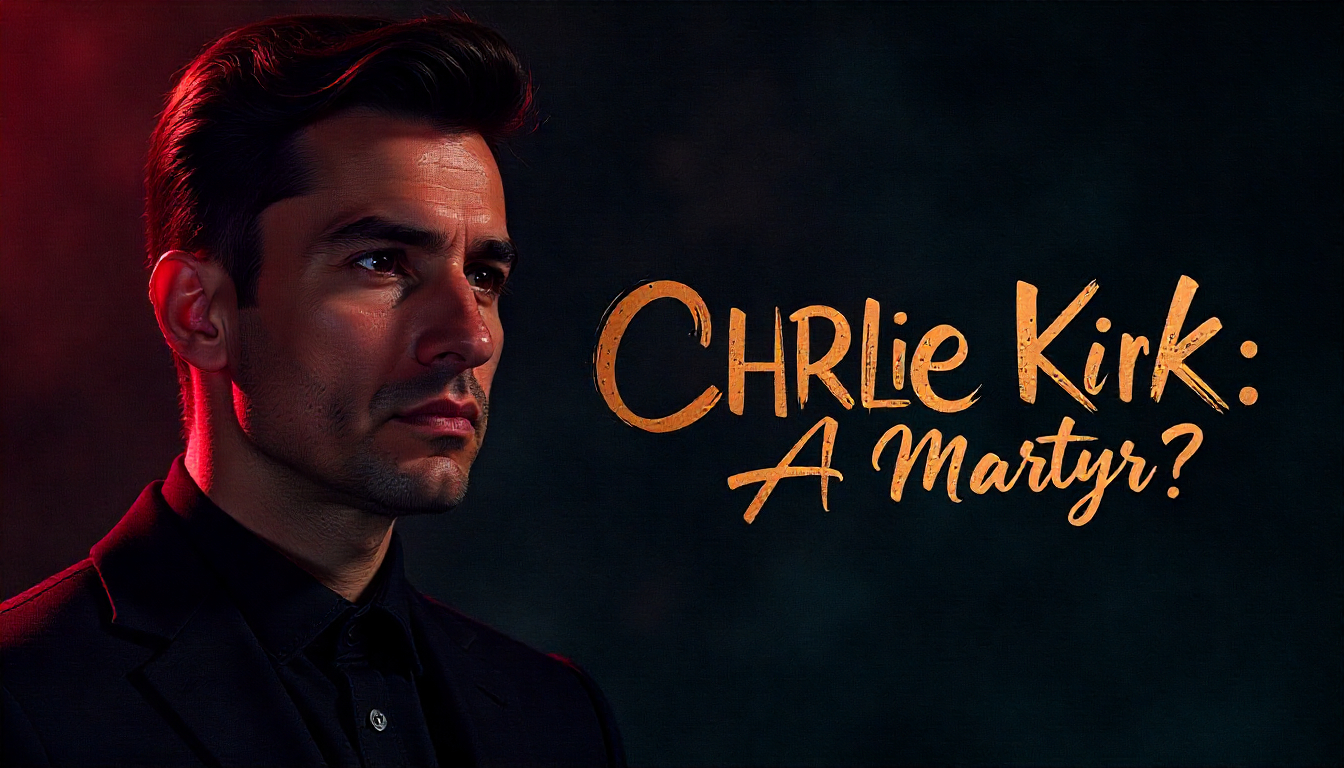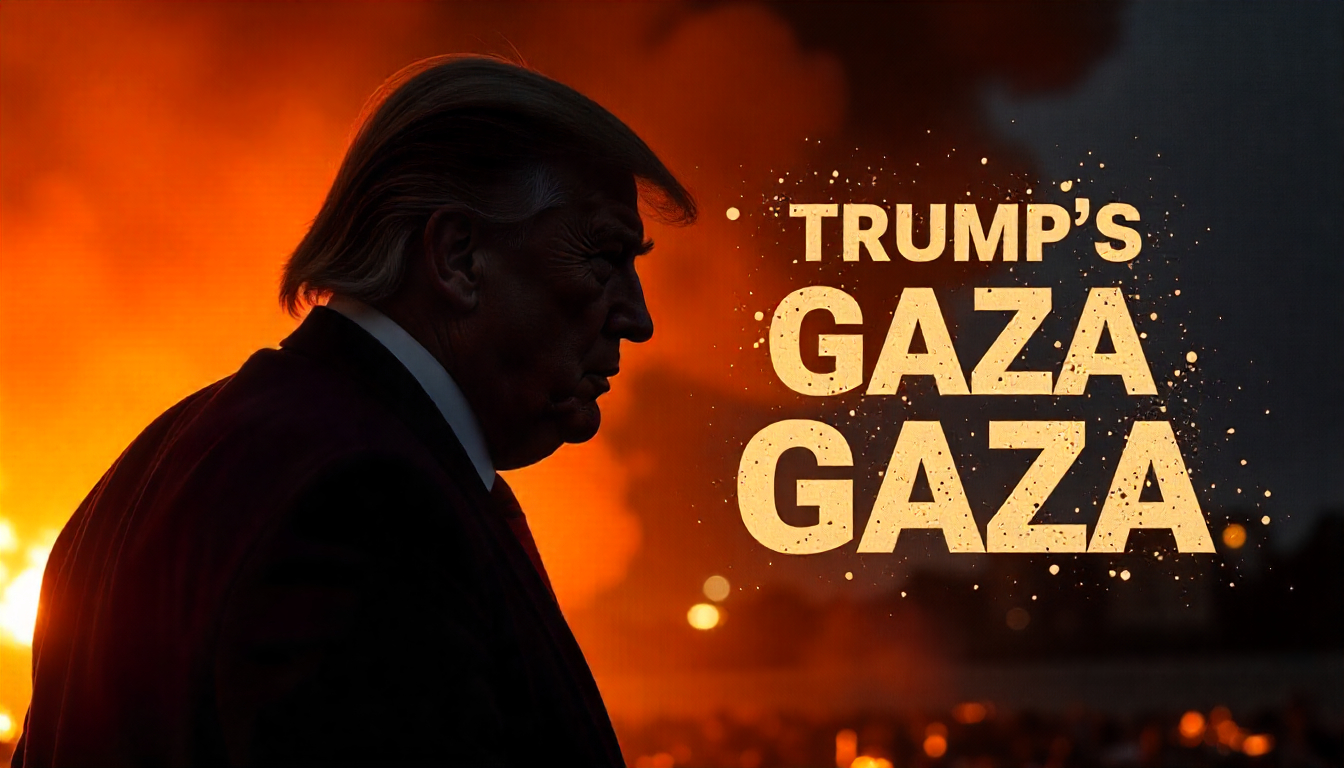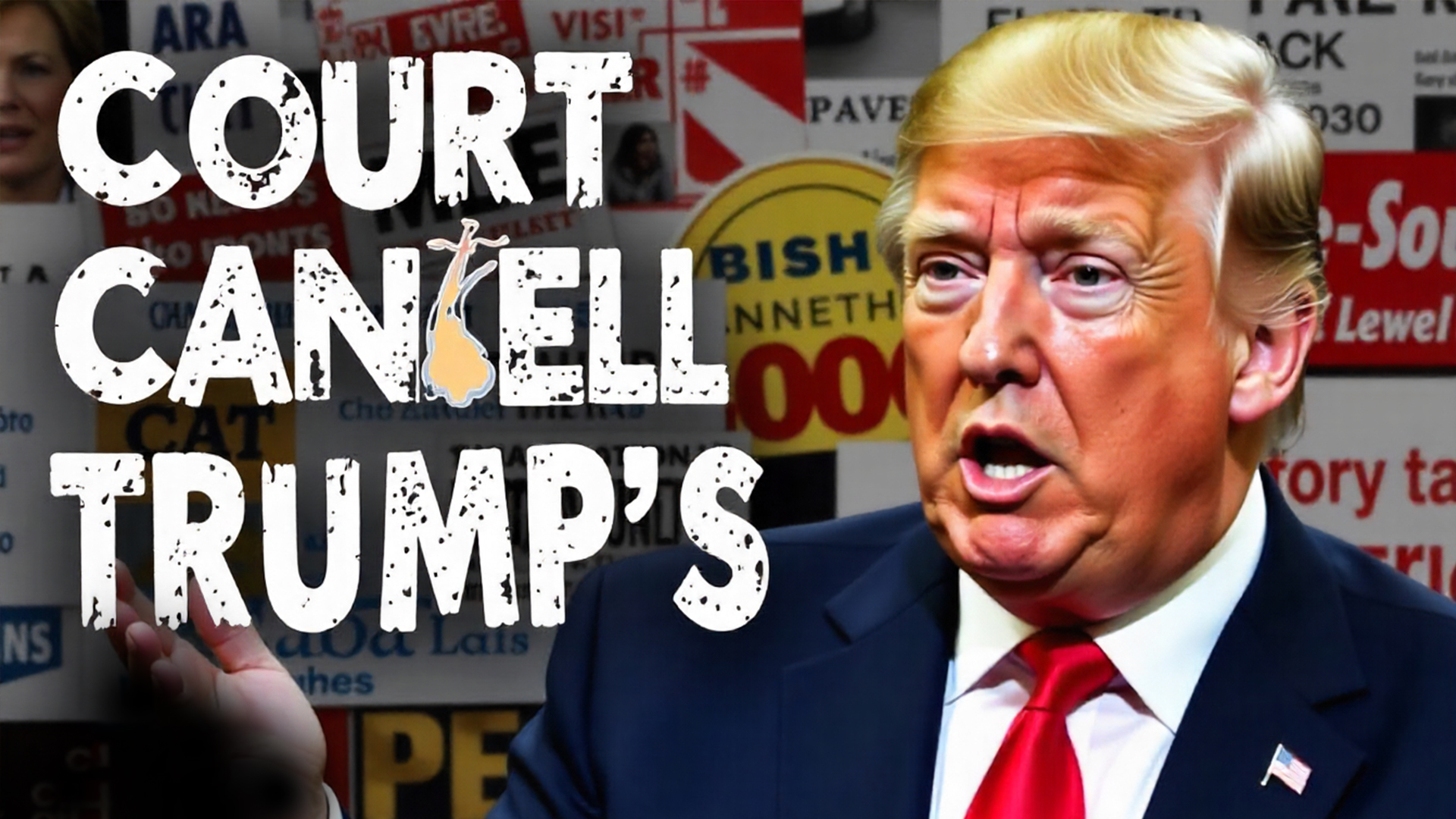On September 10, 2025, America watched in horror as conservative activist Charlie Kirk was fatally shot while speaking at Utah Valley University. According to prosecutors, his killer, Tyler Robinson, positioned himself on a rooftop and fired a single bullet into the crowded event. Within minutes, the news rippled across the nation: one of America’s most visible conservative firebrands was gone.
This shocking act of violence forces a haunting question: does Kirk’s murder signal that America now harbors enough radicals willing to kill simply because of ideological differences?
Why 1970s Jets Still Rule the Skies in 2025!
Kirk’s Controversial Beliefs
Charlie Kirk was no stranger to controversy. Through his leadership of Turning Point USA and his prominence in conservative media, he became a lightning rod in American politics. Among his most divisive positions were:
- Election Denialism – Kirk repeatedly echoed Donald Trump’s false claims that the 2020 presidential election was stolen, using his platform to push skepticism about U.S. democratic institutions.
- Anti-LGBTQ+ Rhetoric – He opposed same-sex marriage and frequently criticized LGBTQ+ rights, particularly transgender inclusion, describing them as threats to “traditional values.”
- COVID-19 Misinformation – Kirk downplayed the severity of COVID-19, mocked mask mandates, and criticized vaccines, calling government health measures a form of “tyranny.”
- Pro-Putin Admiration – At various times, Kirk praised Vladimir Putin’s leadership style while questioning America’s aid to Ukraine, stoking accusations of undermining U.S. foreign policy.
These stances won him admiration from much of the MAGA base but also fierce criticism from progressives, centrists, and even some Republicans. Kirk thrived in controversy, but it also made him a target of hatred.
America’s History of Martyrs
Kirk’s assassination adds his name to a tragic lineage of Americans martyred for what they represented:
- Martin Luther King Jr. (1968) — Murdered in Memphis for his role in civil rights.
- Robert F. Kennedy (1968) — Gunned down while running for president, embodying political hope.
- John F. Kennedy (1963) — Assassinated in Dallas, an act that shook global faith in U.S. stability.
- Gabrielle Giffords (2011) — Survived an assassination attempt while serving her constituents in Arizona.
Each of these cases showed that in America, belief itself can become a death sentence. Kirk’s killing, however controversial his views, now joins that grim narrative.
The Murder as a Mirror
1. Radicalization Run Amok
Robinson reportedly texted his partner just before the shooting:
“I had the opportunity to take out Charlie Kirk and I’m going to take it.”
This chilling confession reflects how radicalization, once online rhetoric, is now translating into violent action.
2. Trump’s Shadow and MAGA’s Rhetoric
Donald Trump called Kirk a “martyr” at his memorial, blaming the “radical left” for his death. But critics argue Trump’s own rhetoric of division—labeling opponents as enemies of America, questioning elections, and encouraging confrontation—has helped normalize political hatred on both sides.
3. The Cycle of Retaliation
In the days after Kirk’s killing, several arrests were made for threats of retaliatory violence. The House of Representatives even split over a resolution honoring Kirk, highlighting how even his death could not escape partisan fracture.

Turning Point USA Founder Charlie Kirk speaks July 26, 2024, in this file photo. Social media commentary following Kirk’s violent September 2025 death has led to firings and censures in Georgia and nationwide. Credit: AP Photo/Alex Brandon, File
A Call for Reckoning
Charlie Kirk’s murder is more than a personal tragedy—it is a national wake-up call. His beliefs were divisive, sometimes inflammatory, but in a democracy, words should be met with debate, not bullets.
His death forces us to confront uncomfortable truths: America’s polarization is deadly, radicalization is growing, and political leaders—especially Trump and his MAGA allies—must reckon with how their words feed into this dangerous cycle.
If we fail to draw the line now, more Americans—whether liberal, conservative, or somewhere in between—may pay with their lives for daring to speak what they believe.
Let Kirk’s death, controversial though his legacy may be, remind us that in a free society, belief must never become a reason for murder.





